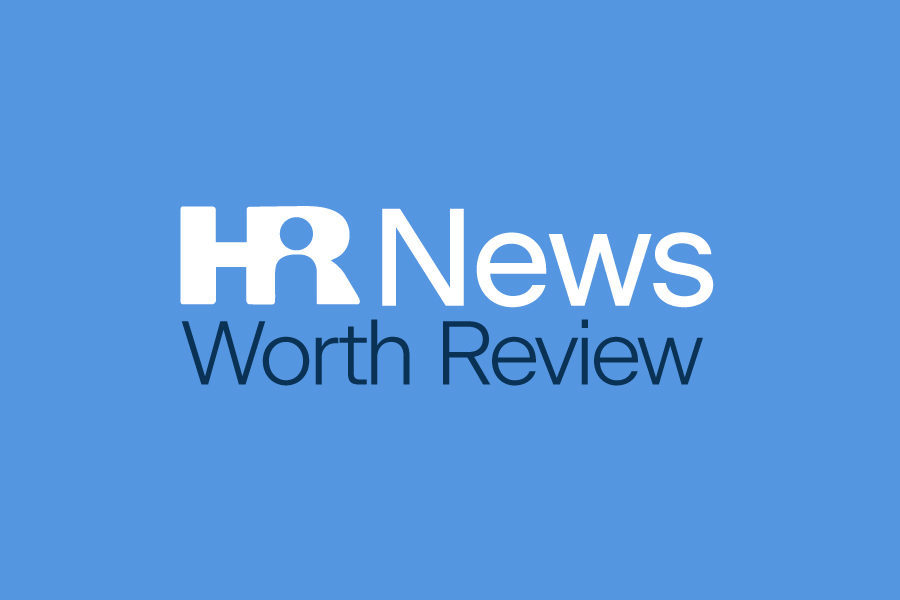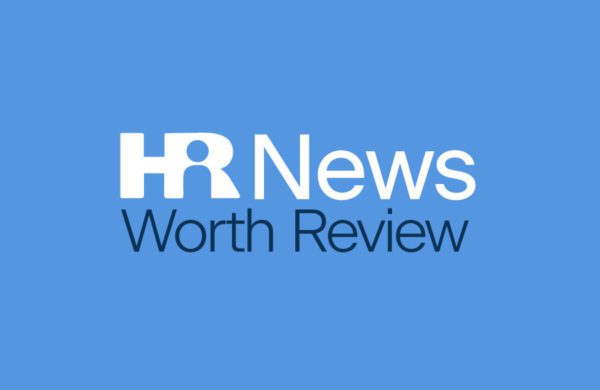ACA Pay or Play Penalties Will Increase for 2024
On March 9, 2023, the IRS released updated penalty amounts for 2024 related to the employer shared responsibility (pay or play) rules under the Affordable Care Act (ACA). Under the pay or play rules, an applicable large employer (ALE) is only liable for a penalty if at least one full-time employee receives a subsidy for Exchange coverage. Employees who are offered affordable, minimum value (MV) coverage are generally not eligible for these Exchange subsidies. Depending on the circumstances, one of two penalties may apply under the pay or play rules—the 4980H(a) penalty or the 4980H(b) penalty.
- Under Section 4980H(a), an ALE will be subject to a penalty if it does not offer Minimum Essential Coverage (MEC) to “substantially all” (generally, at least 95 percent) of its full-time employees (and dependents) and any one of its full-time employees receives a subsidy toward his or her Exchange plan. The monthly penalty assessed on ALEs that do not offer coverage to substantially all full-time employees and their dependents is equal to the ALE’s number of full-time employees (minus 30) multiplied by 1/12 of $2,000 (as adjusted), for any applicable month. For calendar year 2024, the adjusted $2,000 penalty amount is $2,970.
- Under Section 4980H(b), ALEs that offer coverage to substantially all full-time employees (and dependents) may still be subject to a penalty if at least one full-time employee obtains a subsidy through an Exchange because the ALE did not offer coverage to all full-time employees, or the ALE’s coverage is unaffordable or does not provide MV. The monthly penalty assessed on an ALE for each full-time employee who receives a subsidy is 1/12 of $3,000 (as adjusted) for any applicable month. However, the total penalty for an ALE is limited to the 4980H(a) penalty amount. For calendar year 2024, the adjusted $3,000 penalty amount is $4,460.
Health Plans Must Submit Gag Clause Attestations by Dec. 31, 2023
On Feb. 23, 2023, the Departments of Labor, Health and Human Services and the Treasury (Departments) issued FAQs on the prohibition of gag clauses under the transparency provisions of the Consolidated Appropriations Act, 2021 (CAA). These FAQs require health plans and health insurance issuers to submit their first attestation of compliance with the CAA’s prohibition on gag clauses by Dec. 31, 2023. Disclosure to CMSEffective Dec. 27, 2020, the CAA prohibits health plans and issuers from entering into contracts with health care providers, third-party administrators (TPAs) or other service providers that would restrict the plan or issuer from providing, accessing or sharing certain information about provider price and quality and deidentified claims. Plans and issuers must annually submit an attestation of compliance with these requirements to the Departments. The first attestation is due by Dec. 31, 2023, covering the period beginning Dec. 27, 2020, through the date of attestation. Subsequent attestations, covering the period since the last attestation, are due by Dec. 31 of each following year. A gag clause is a contractual term that directly or indirectly restricts specific data and information that a health plan or issuer can make available to another party. Effective Dec. 27, 2020, the CAA generally prohibits group health plans and issuers offering group health insurance from entering into agreements with health care providers, TPAs or other service providers that include certain gag clause language. Specifically, these contracts cannot restrict a plan or issuer from:
- Providing provider-specific cost or quality-of-care information or data to referring providers, the plan sponsor, participants, beneficiaries or enrollees (or individuals eligible to become participants, beneficiaries or enrollees of the plan or coverage);
- Electronically accessing de-identified claims and encounter information or data for each participant, beneficiary or enrollee upon request and consistent with privacy rules under the Health Insurance Portability and Accountability Act (HIPAA), the Genetic Information Nondiscrimination Act (GINA), and the Americans with Disabilities Act (ADA); and
- Sharing information or data described in (1) and (2) above or directing such information to be shared with a business associate, consistent with applicable privacy rules.
Employer TakeawayWith respect to fully insured group health plans, the health plan and the issuer are each required to submit a gag clause compliance attestation annually. However, when the issuer of a fully insured group health plan submits a gag clause compliance attestation on behalf of the plan, the Departments will consider the plan and issuer to have satisfied the attestation submission requirement. Employers with self-insured health plans can satisfy the gag clause compliance attestation requirement by entering into a written agreement under which the plan’s service provider, such as a TPA, will provide the attestation on the plan’s behalf. However, even if this type of agreement is in place, the legal requirement to provide a timely attestation remains with the health plan.
What are lifestyle spending accounts?
Many workers are paying greater attention to their benefits and wondering how to stretch their dollars further. While many employers are familiar with health savings accounts (HSAs) and flexible spending accounts (FSAs), lifestyle spending accounts (LSAs) are an emerging benefit that can provide flexible and personalized support to employees. Meaningful and competitive benefits are a leading way for employers to attract and retain workers—and LSAs could be a desirable piece of the benefits puzzle. According to a 2022 benefits survey, just under 10 percent of employers reported offering LSAs as part of their benefits packages. However, 70 percent of respondents had considered doing so. As employees demand customized benefits packages and more employers offer LSAs, it’s important for employers to understand the specifics of this spending account and consider if they are a good fit for their organization and employees. This article explores LSAs, including their benefits and disadvantages. What Is an LSA? An LSA is a taxable, employer-funded benefit to support employee physical, mental, emotional and financial health and wellness. Employers determine their annual contribution amount and how employees can spend their LSA funds. They place parameters on acceptable products, services and expenses—sometimes covering other costs not typically included in a group plan. Common LSA expenses include:
- Care services (e.g., adult and child care, pet daycare and pet grooming)
- Financial services (e.g., financial planning and financial education programs)
- Mental health (e.g., mindfulness or meditation apps and life coaching)
- Physical health (e.g., gym memberships, fitness classes, athletic apparel and exercise equipment)
- Professional development (e.g., continuing education courses, certificates and industry conferences)
- Wellness (e.g., food supplements and nutrition counseling)
- Work-from-home expenses (e.g., home office equipment and supplies)
In addition to these common expenses, some employers may also offer LSA funds for anything employees say promotes their personal wellness. LSAs can help employees make better lifestyle choices. In turn, employees are healthier, happier and likely more engaged and productive at work. Since LSAs do not have pre-tax implications, employers can offer this benefit to various workers, including full-time, part-time and contract. However, employers considering LSAs should also weigh potential disadvantages to ensure the offering is a good fit for the organization, including:
- Lack of tax advantage—LSAs are not tax-advantaged, and employers are faced with a wide range of options on how to best approach the taxation of LSAs.
- 100 percent Employer-funded—Since LSAs are exclusively employer-funded, this offering does add to the organization’s annual budget.


